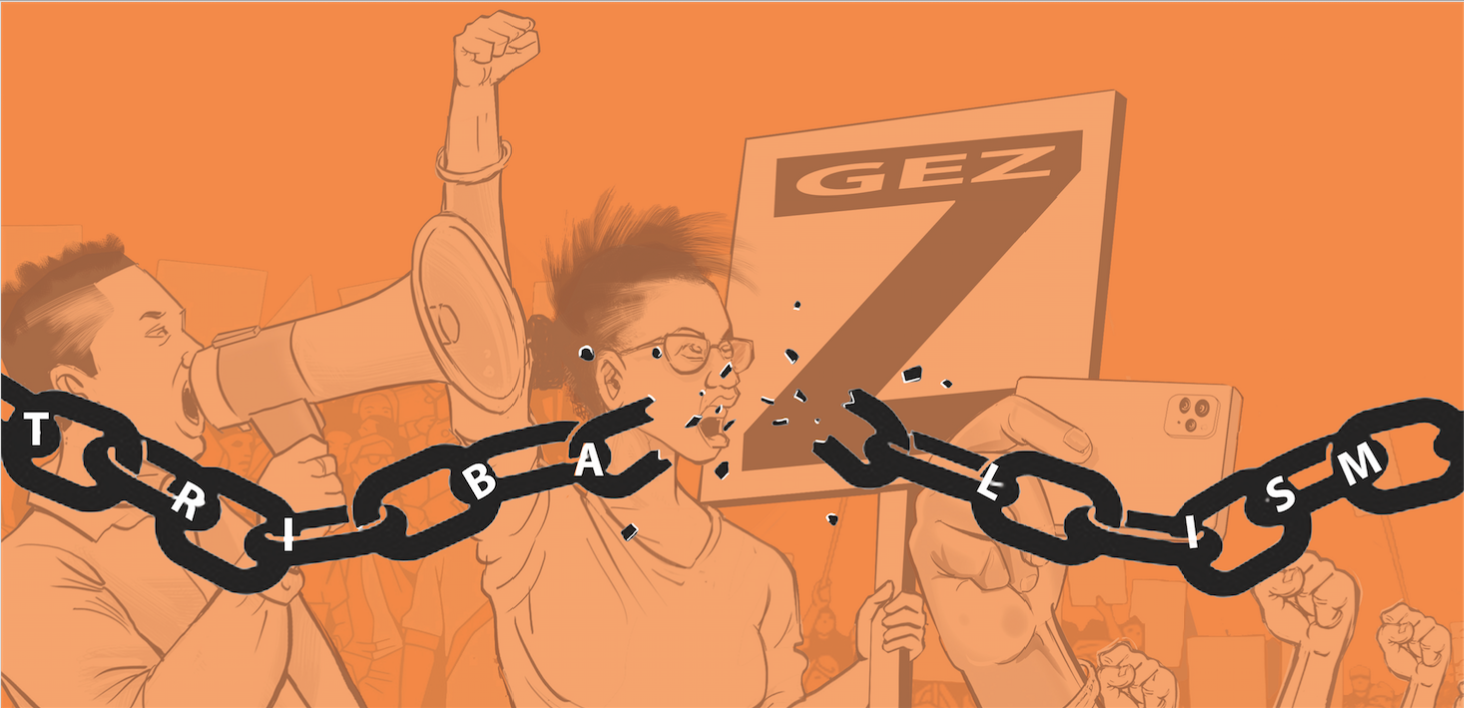
 Gen z unity
Gen z unity
Whenever you see what seems to be a powerful new force arise in politics, to get a better understanding of its true potency you must consider this question:
What is the weakest link in this supposedly invincible group?
For in any democracy, there is always a group involved, and it is never the work of just one man.
In cases where the newly powerful have made it all the way to State House, the most likely weak link will usually be the relationship between the president and his deputy. Having worked well together to gain power, they are virtually guaranteed to disagree on how it is to be shared.
Hence, we have (in the 1960s) our founding president, Jomo Kenyatta, falling out with his vice president, Jaramogi Oginga Odinga. Then in the 1980s, President Daniel Moi falling out with Vice President Mwai Kibaki.
More recently, President Uhuru Kenyatta fell out with his deputy, William Ruto (from around 2018). And then when Ruto made his way to the presidency despite being opposed at every step by Uhuru, it did not take long before he fell out with Rigathi Gachagua, his own deputy.
Considering all these examples from Kenyan politics, would any presidential running mate ever feel secure and expect to in any way share power with his presidential candidate, if their side should win?
Now in the past year, we have seen a political force arise which seemed immune to all these well-established patterns in Kenyan politics.
“Leaderless, tribeless and fearless”, the Gen Z insurrectionists have waged a highly effective campaign of delegitimisation against President Ruto.
Although the Gen Z have at various times specified certain demands they have not really presented – alongside it – a clear and time-specific plan of action.
It’s easy to demand an end to corruption. But not so easy to specify the steps by which endemic corruption may be brought to an end, especially as constitutional provisions already exist intended to address this very issue.
Likewise, greater transparency and accountability are definitely desirable ends. But when dealing with something so massive and convoluted as the Kenyan government, how on earth do you enforce these? Contrast this with the equally brave activists who challenged the single-party authoritarian state in the early 1990s: they specifically called for the repealing of Section 2A of the constitution, in order to allow for a return to multiparty elections.
If indeed there has been any such equally clear and specific demand by the Gen Z; a demand defined by an operational timeline and likely to bring about fundamental change in the management of our public affairs; then I have somehow missed it.
So what made the Gen Z demonstrators so powerful, is not that they offered a viable alternative to the Ruto government. But rather that they proved capable of delegitimising it, not only in the eyes of the Kenyan public, but even more internationally.
That is no mean feat for an amorphous group that is self-defined as “fearless, leaderless and tribeless.”
But that is not the whole story.
No less significant is that the Kenyan curse of tribalism that they seek to eradicate is not only a cultural phenomenon: it is also inextricably linked to our rural economies.
As I have mentioned in previous essays, the state of the coffee and tea sectors may mean little to small-scale farmers at the coast: but these are life and death matters to small-scale farmers in Central Kenya, and (for tea) also in the Upper Rift Valley.
And so we find that the flourishing of the cash crop economy, which is at the heart of any possible hope of prosperity for Kenya’s rural populations, is uncompromisingly segmented along regional lines.
When Kenyans vote along tribal lines, they are not just being swayed by their linguistic or cultural heritage. They are also voting for their regional economic interests. And in such a case, there is never enough of the required resources to satisfy all needs. Some will receive the government interventions required to improve their lives; and many more others will simply be neglected.
There is no broad national economic policy or government intervention that can simultaneously generate across-the-board prosperity in every corner of Kenya.
So what can the Gen Z activists demand of the government, which would not favour some regions, while continuing to marginalise others?
Wycliffe Muga is a columnist













